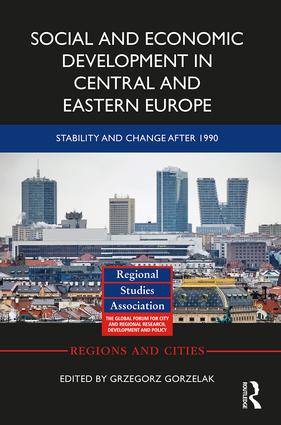
Regionalism in Central and Eastern Europe
The term ‘regionalism’ in political studies is used with two quite different meanings: as the integration (cooperation) of states located in a region understood as a part of the world (e.g. European integration) and as ideas and actions related to regions understood as parts of states (nation states), whose aim is to present or defend the cultural and/or economic and/or political identity and interests of such regions. The consecutive geopolitical shocks or ‘earthquakes’ of the 20th century brought about significant consequences regarding regionalism in Central and Eastern Europe. On the one hand, they brought about the political emancipation of ethno-cultural/historical regions and their transformation into separate states. On the other hand, shifts of borders, cross-border transfers of populations and internal migrations considerably levelled out ethno-cultural differences between regions within countries. The collapse of socialism (communism) in Central and Eastern Europe in 1989–91 deprived the countries in this part of Europe of a binding ideology and of ruling elites.





